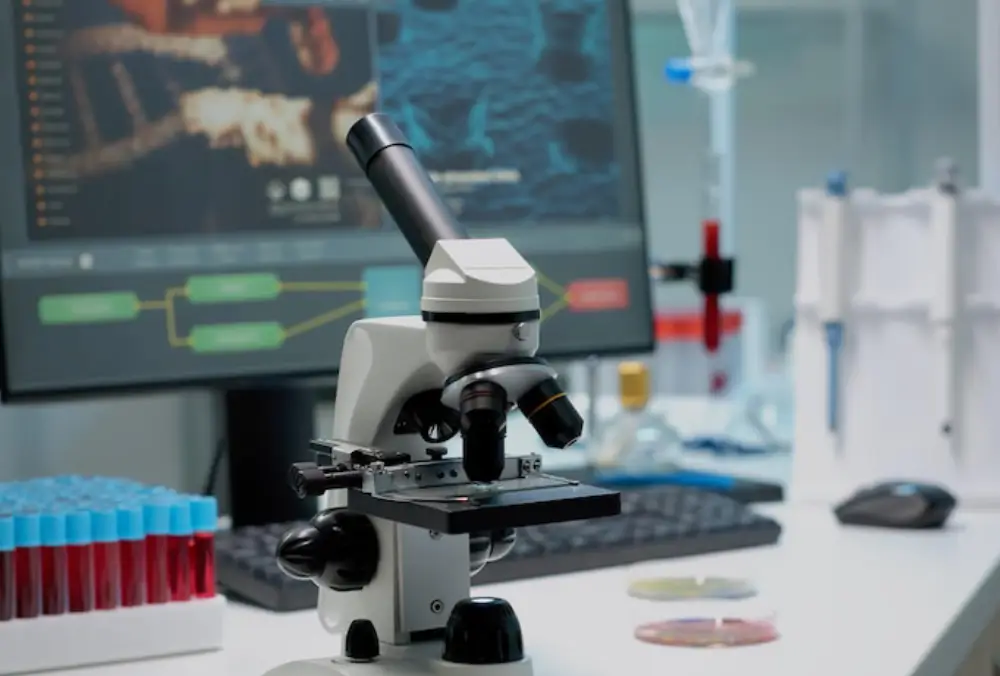Clinical pathology

Hematology:
This branch of clinical pathology focuses on the study of blood and blood-forming tissues. Hematologists analyze blood samples to diagnose and monitor conditions such as anemia, leukemia, and clotting disorders.
Clinical Chemistry:
This area involves the analysis of chemicals and substances in the body, such as glucose, cholesterol, enzymes, electrolytes, and hormones. Clinical chemists play a crucial role in diagnosing conditions like diabetes, liver disorders, and kidney diseases.
Microbiology:
Clinical microbiologists study microorganisms (bacteria, viruses, fungi, parasites) to identify and treat infectious diseases. This includes cultures, sensitivity testing, and molecular techniques.
Immunology:
Immunologists study the immune system and its response to various antigens. Tests in this area are crucial for diagnosing autoimmune disorders, allergies, and immunodeficiencies.
Clinical Genetics:
This field involves the study of genetic material to diagnose and manage genetic disorders. Molecular techniques, such as polymerase chain reaction (PCR) and DNA sequencing, are commonly used.
Transfusion Medicine:
This specialty focuses on blood transfusions, blood banking, and ensuring the compatibility of blood products. Transfusion medicine specialists work to prevent complications related to blood transfusions.
